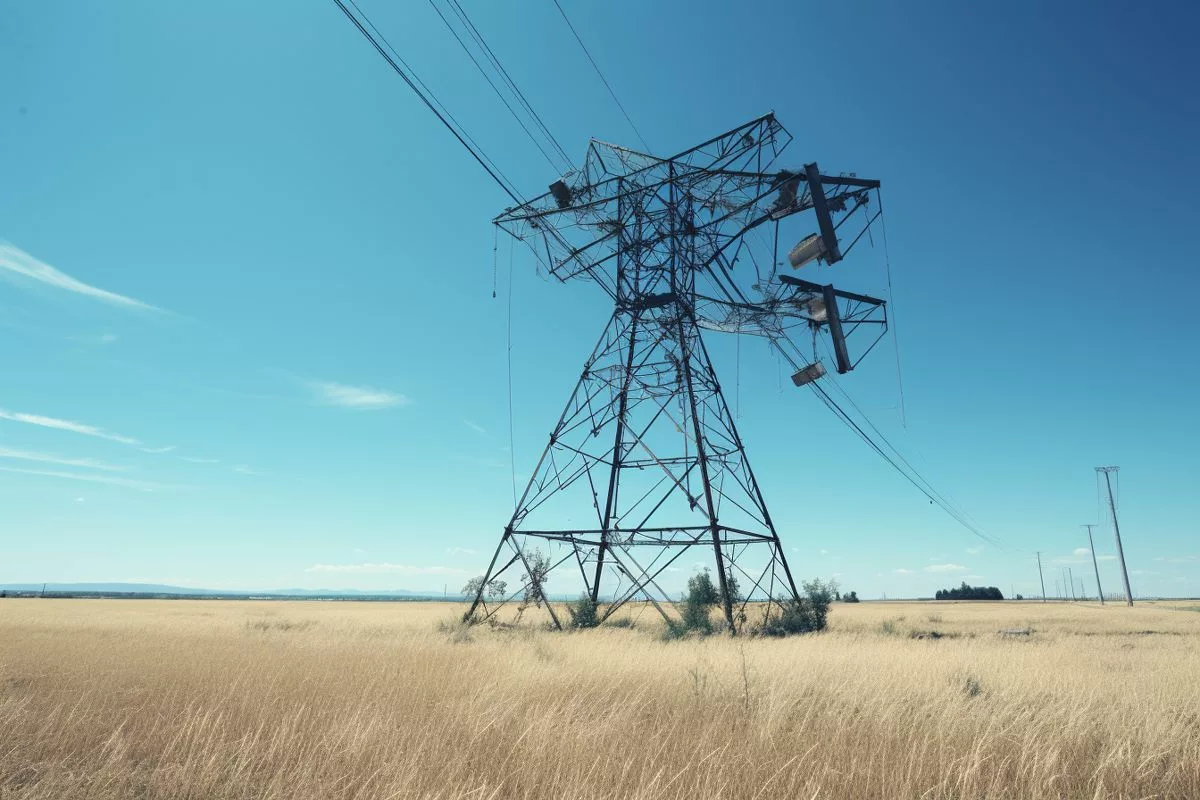South Africa’s Electricity Regulation Amendment Bill is undergoing changes proposed by residents in the Alfred Nzo District Municipality. Proposed changes include tougher penalties for sabotage and breaking up Eskom into independent firms to encourage competition and increase power generation capacity. Public hearings have provided a platform for community voices, with residents calling for an increase in maximum sentence for sabotage and a quicker enactment of the ERA Bill. The committee has pledged to listen to the residents’ viewpoints and incorporate their insights as the ERA Bill is deliberated.
South Africa’s Electricity Regulation Amendment Bill: What are the proposed changes?
Residents in South Africa’s Alfred Nzo District Municipality have voiced their concerns at public hearings on the Electricity Regulation Amendment Bill (ERA), calling for tougher penalties for sabotage, a quicker enactment of the ERA Bill, and Eskom’s reorganization. Proposed changes include increasing the maximum sentence for sabotage from five years to life and breaking up Eskom into independent firms to encourage competition and boost power generation capacity. The committee has pledged to listen to the residents’ viewpoints and incorporate their insights as the ERA Bill is deliberated.
In the tranquil expanse of South Africa’s Alfred Nzo District Municipality, significant transformations are underway. The inhabitants, fed up with the continued destruction of their electric systems, have opted to address the issue head-on, articulating their worries at the recent public hearings on the Electricity Regulation Amendment Bill (ERA). Their narrative accentuates the demand to rethink the penalties set out in the ERA, advocating for an increase from a R1 million fine or a five-year incarceration to a life sentence, demonstrating the seriousness of their perspective on this matter.
Public Hearings: A Platform for Community Voices
Located in the core of Matatiele, the public hearings at the Maluti Civic Centre illuminated not only the residents’ daily battles against sabotage but also their collective aspirations and anticipations for the ERA Bill. Their endorsement for the Bill was apparent, but they had a distinct request—they desired it to be more than a mere policy document. The urgency was evident as they narrated their plight, with a widespread sentiment that the country is spiraling into anarchy, with individuals damaging infrastructure unchecked.
The call to escalate the five-year jail term to ten mirrored their thirst for fair justice. They are of the opinion that the contrast between the suggested five-year jail term and the R1 million fine needs to be resolved, stressing more on the gravity of the offense. Furthermore, the demand for swift passage of the Bill was emphasized by numerous electricity outages wreaking havoc on the nation’s overall functionality.
Constructive Critiques and Clarifications
The residents’ participation reached beyond just expressing their immediate worries. They proposed amendments to bolster the Bill, like replacing the term “may” with “must” in specific sections. They also voiced their approval for dividing Eskom into independent firms, a strategy they believe would encourage competition and boost power generation capacity.
Amidst these exchanges, committee member Mr. Matthews Wolmarans dispelled the misconception that the Bill intended Eskom’s privatization. He clarified that Eskom would persist as a state-owned enterprise, albeit with a different structure, as indicated in the Energy Policy White Paper of 1998. The concept of forming a transmission entity, as outlined in the Eskom Roadmap, was also examined. The residents were enlightened about how this entity would navigate the electricity sector onto a new trajectory, promoting a competitive market and advocating diversified energy sources.
A Pledge to Listen
The Acting Chairperson of the committee, Mr. Mikateko Mahlaule, assured the residents that their viewpoints would not be disregarded in the legislative process. Their insights will be incorporated as the committee deliberates on the Bill before it is put forward in the National Assembly. As highlighted by Mr. Mahlaule, this process includes multiple public hearings across different provinces, providing a platform for citizens to contribute their recommendations.
The public hearings exemplify the impact of proactive citizen involvement in sculpting legislative procedures. The residents’ appeals, resonating in the Maluti Civic Centre, amplify the necessity for sterner penalties for sabotage, expedited enactment of the ERA Bill, and Eskom’s reorganization. As twilight descends on the Alfred Nzo District, the hope is that these resonating voices translate into actual legislative modifications addressing the residents’ apprehensions and facilitating a path towards a more illuminated, electrified future.
1. What is South Africa’s Electricity Regulation Amendment Bill?
The Electricity Regulation Amendment Bill (ERA) is a proposed legislation in South Africa that aims to make changes to the country’s electricity regulation.
2. What are the proposed changes to the ERA Bill?
The proposed changes to the ERA Bill include tougher penalties for sabotage, breaking up Eskom into independent firms to encourage competition, and increase power generation capacity.
3. What are the concerns of residents in Alfred Nzo District Municipality regarding the ERA Bill?
Residents in Alfred Nzo District Municipality are concerned about the continued destruction of their electric systems and are advocating for tougher penalties for sabotage, a quicker enactment of the ERA Bill, and Eskom’s reorganization.
4. What happened at the public hearings on the ERA Bill?
The public hearings provided a platform for residents to voice their concerns and aspirations for the ERA Bill. They proposed amendments to strengthen the Bill and voiced their approval for breaking up Eskom into independent firms.
5. Will Eskom be privatized under the proposed changes?
No, Eskom will remain a state-owned enterprise, but with a different structure, as indicated in the Energy Policy White Paper of 1998.
6. Will residents’ viewpoints be considered in the legislative process?
Yes, the committee has pledged to listen to the residents’ viewpoints and incorporate their insights as the ERA Bill is deliberated. Multiple public hearings across different provinces will provide a platform for citizens to contribute their recommendations.








